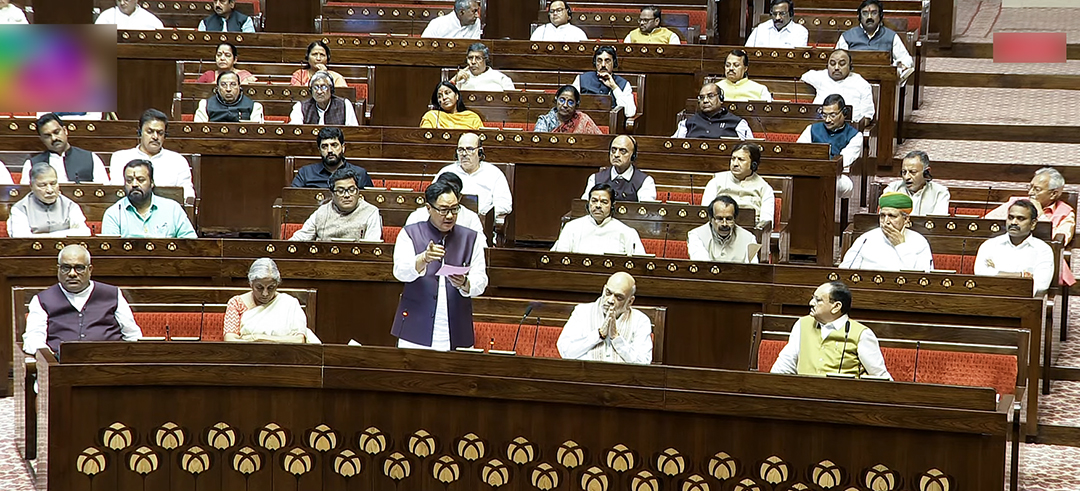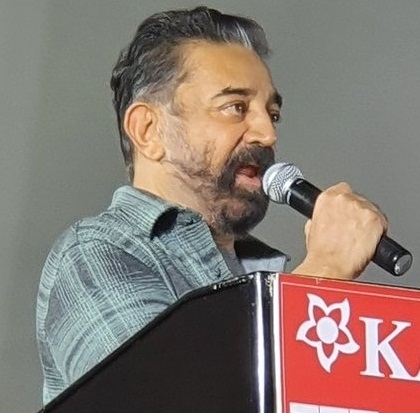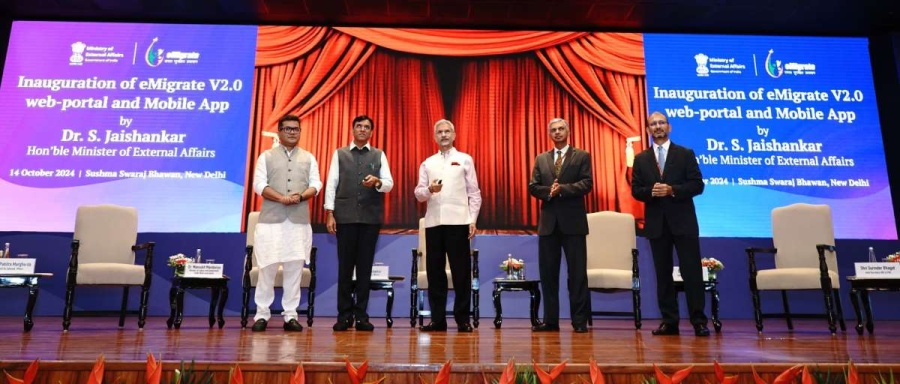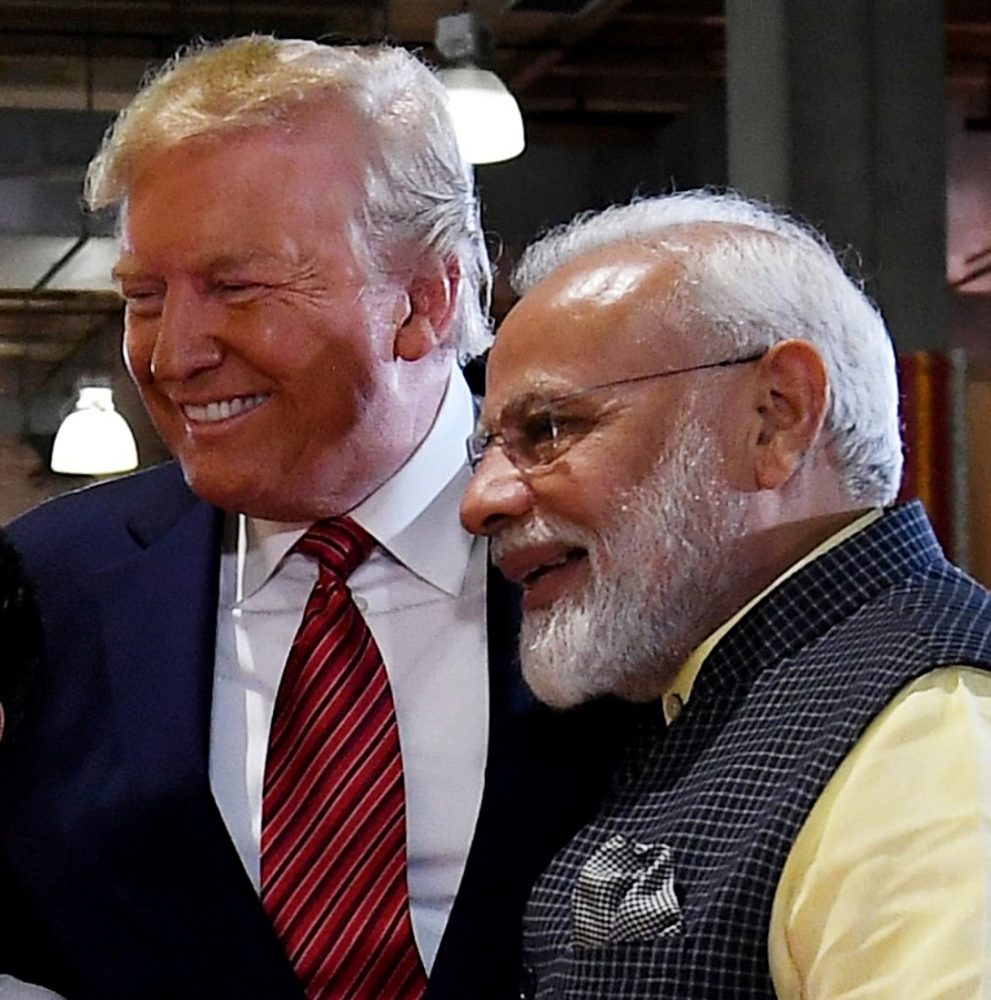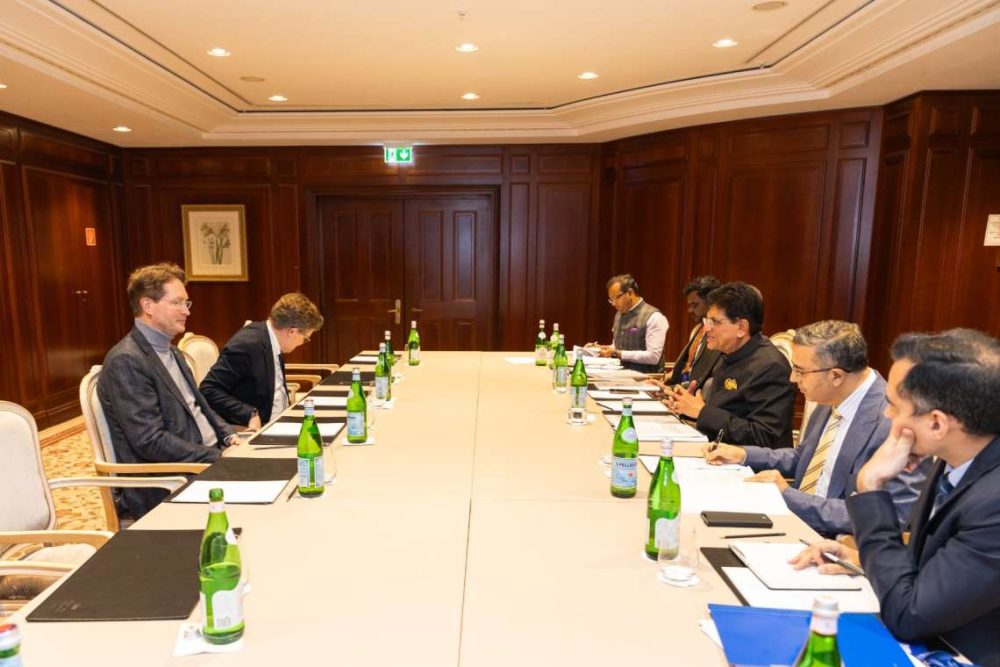Parliament passes Waqf (Amendment) Bill after fierce opposition protests; Modi calls it a “watershed moment” for transparency and justice, while critics allege bias and threat to minority rights.
After marathon discussions and sharp exchanges, the Rajya Sabha in the early hours of Friday passed the Waqf (Amendment) Bill, 2025 by a vote of 128 to 95, just a day after it cleared the Lok Sabha following a 12-hour-long debate. With this, the Bill now awaits President Droupadi Murmu’s assent to become law.
Following the Bill’s passage, Prime Minister Narendra Modi lauded the development, calling it a “watershed moment” for India’s journey towards socio-economic justice. Writing on X, Modi said, “This legislation will particularly help those who have long remained on the margins, thus being denied both voice and opportunity.”
He added that the Waqf system had suffered from opacity and poor accountability for decades, and that the new legislation aims to empower disadvantaged Muslim groups, especially women and the Pasmanda community.
“We will now enter an era where the framework will be more modern and sensitive to social justice,” Modi said, emphasising that India’s growth must be inclusive and compassionate.
The Upper House witnessed passionate arguments as Union Minister and Leader of the House, J.P. Nadda, led the charge in favour of the Bill, accusing the Opposition—especially the Congress—of enabling misuse of Waqf properties through poorly designed legislation in the past. The debate saw Nadda defending the amendments as necessary for national interest, transparency, and social justice.
Nadda highlighted the work of a Joint Parliamentary Committee (JPC) constituted under the Narendra Modi-led government, which he said invested more than 200 hours in debate, conducted 36 meetings, visited 10 states, and consulted 284 stakeholders. He contrasted this with the 2013 JPC under the UPA, which he criticised for being insufficiently rigorous.
“This level of consultation reflects our seriousness,” Nadda declared, “democracy thrives on meaningful dialogue, not tokenism.” Citing Jagdambika Pal’s inputs, he pointed out the enhanced engagement as proof of the Modi government’s commitment to deliberative law-making.
He also touched upon constitutional concerns, arguing that earlier provisions insulated Waqf land claims from civil scrutiny, undermining legal principles. The new Bill, he said, empowers district collectors to assess land claims and explicitly protects properties under the Archaeological Survey of India from being claimed as Waqf—calling it a critical corrective step.
Beyond administrative reforms, Nadda also delved into the socio-political dimensions. He accused the Congress-led UPA of stalling on triple talaq reforms, asserting that only under Modi’s leadership was justice extended to Muslim women, drawing comparisons with countries like Turkey that outlawed triple talaq nearly a century ago.
The discussion saw fiery opposition from Congress and other opposition parties, who argued that the Bill was unconstitutional and discriminatory. Congress president and Leader of the Opposition in the Rajya Sabha, Mallikarjun Kharge, alleged that the Bill targeted minorities and labelled it part of a broader effort to disempower Muslims.
Independent MP Kapil Sibal questioned the selective focus on Muslim donations and asked why similar reforms had not been introduced for Hindu religious trusts. AAP’s Sanjay Singh accused the government of concealing public feedback, while Trinamool Congress MP Nadimul Haque warned the Bill could set a precedent threatening other religious communities’ property rights.
Congress MP Abhishek Manu Singhvi criticised the Bill as a “conspiracy” that infringes on rights guaranteed under Articles 25 and 26 of the Constitution. He argued it grants arbitrary powers to authorities without adequate checks.
Yet, the Bill did find support from certain quarters. Former Prime Minister H.D. Deve Gowda backed the legislation, calling it necessary to protect donor-intended uses of Waqf properties from misuse by vested interests. Shiv Sena MP Milind Deora defended the government’s broader record on minority welfare, while BJD MPs were allowed to vote as per conscience, reflecting the complexity of political positions.
Samajwadi Party MP Javed Ali Khan claimed that nearly one crore citizens had submitted feedback to the JPC, signalling deep public engagement. However, the Congress and allies alleged that their suggestions were sidelined during the drafting process.
Amidst these arguments, one consistent theme emerged—deep political divides over transparency, religious rights, and the handling of community-owned assets.
The government claims that the amendments aim to eliminate corruption, modernise Waqf property governance, and improve welfare delivery. Critics, however, fear a weakening of minority rights and centralisation of power over religious endowments.
With the Bill now set to become law upon presidential assent, it marks a significant shift in the governance of Waqf properties—a subject long mired in legal ambiguity, social tension, and political controversy. The road ahead may see legal challenges and continued political wrangling, but the government appears determined to pitch the reform as a landmark in its vision of ‘Sabka Saath, Sabka Vikas, Sabka Vishwas’.


